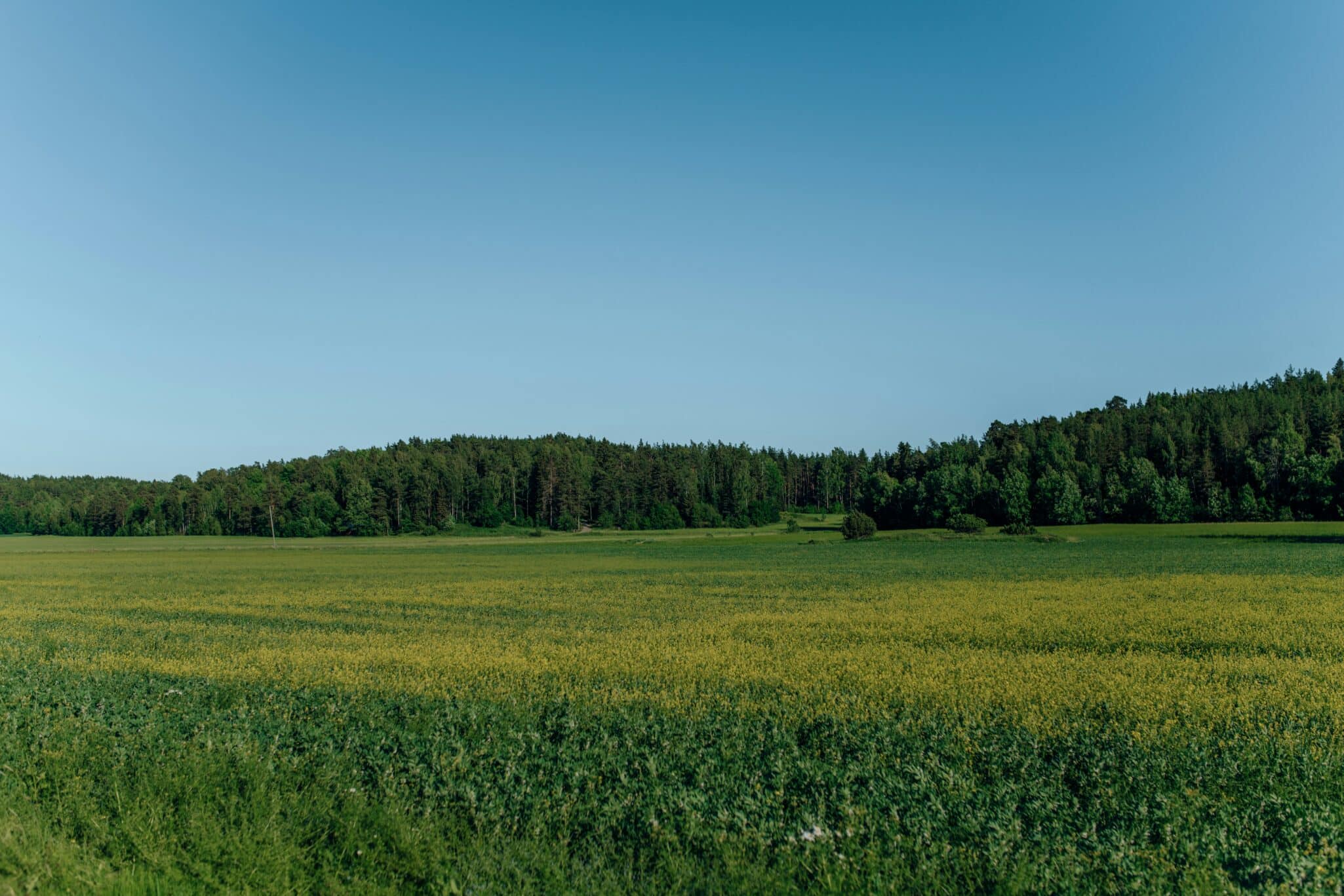Key Takeaways
- Agreena doubled its corporate customer base in 2025, adding Ryanair, Radisson Hotel Group, and Louis Dreyfus Company.
- The AgreenaCarbon Project became the first large-scale cropland initiative globally to achieve Verra verification.
- More than 2.3 million verified carbon credits were issued across 1.6 million hectares.
- Farmers receive up to 85% of carbon credit revenues, with over €15 million distributed to date.
- New digital platforms strengthen the link between farm-level data and corporate climate reporting.
Agreena Expands Corporate Adoption of Regenerative Agriculture Solutions
Agreena announced that it has doubled its corporate customer base in 2025, reflecting growing demand from multinational companies for verified, agriculture-based climate solutions. New corporate partners this year include Ryanair, Radisson Hotel Group, and Louis Dreyfus Company.
The company’s end-to-end platform now spans approximately five million hectares and supports more than 2,500 farmers across 20 countries. Through regenerative agriculture programs, Agreena enables corporate buyers to contribute to climate mitigation while supporting resilient and traceable agricultural supply chains.
Agreena Sets a Verification Benchmark for Agricultural Carbon Markets
In September 2025, Agreena’s flagship AgreenaCarbon Project became the first large-scale agricultural cropland initiative globally to achieve Verra verification. The project issued 2.3 million Verra Verified Carbon Units (VCUs) across more than 1.6 million hectares of regeneratively managed farmland.
According to the company, these credits represent 1.2 million tonnes of CO₂ reductions and 1.1 million tonnes of removals achieved through improved soil carbon sequestration practices. The project also received an independent ‘A’ rating from MSCI Carbon Project ratings and a BBB pre-rating from BeZero Carbon, reinforcing its credibility with voluntary carbon market buyers.
Alongside carbon credit pathways, Agreena’s Scope 3 initiative achieved validation from SustainCERT, enabling corporates to invest directly in regenerative transitions within their own supply chains rather than relying solely on offset mechanisms.
Farmer-First Economics and Digital Tools
At the core of Agreena’s model is a farmer-first economic structure. Farmers retain control over outcomes and receive up to 85% of revenues from carbon credit sales. To date, Agreena has distributed more than €15 million to participating farmers.
In the UK, participating farmers reported cost savings while maintaining yields, supporting the economic viability of regenerative practices. The company reports a 95% farmer retention rate across three programme years.
“2025 was a defining year for Agreena – and for the agricultural carbon market – as we proved that verified climate outcomes can be delivered at scale,” said Simon Haldrup, CEO and co-founder of Agreena.
In parallel, Agreena launched AgreenaGro, a digital platform that allows farmers to measure environmental performance, benchmark outcomes, and access finance. The platform has attracted 4,800 users since launch and now includes Agatha, an AI-powered assistant that supports daily agronomic decision-making. Together with Agreena’s digital MRV system, these tools connect farm-level data directly to verified, auditable corporate climate impact.



